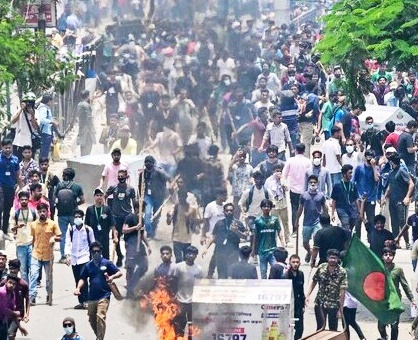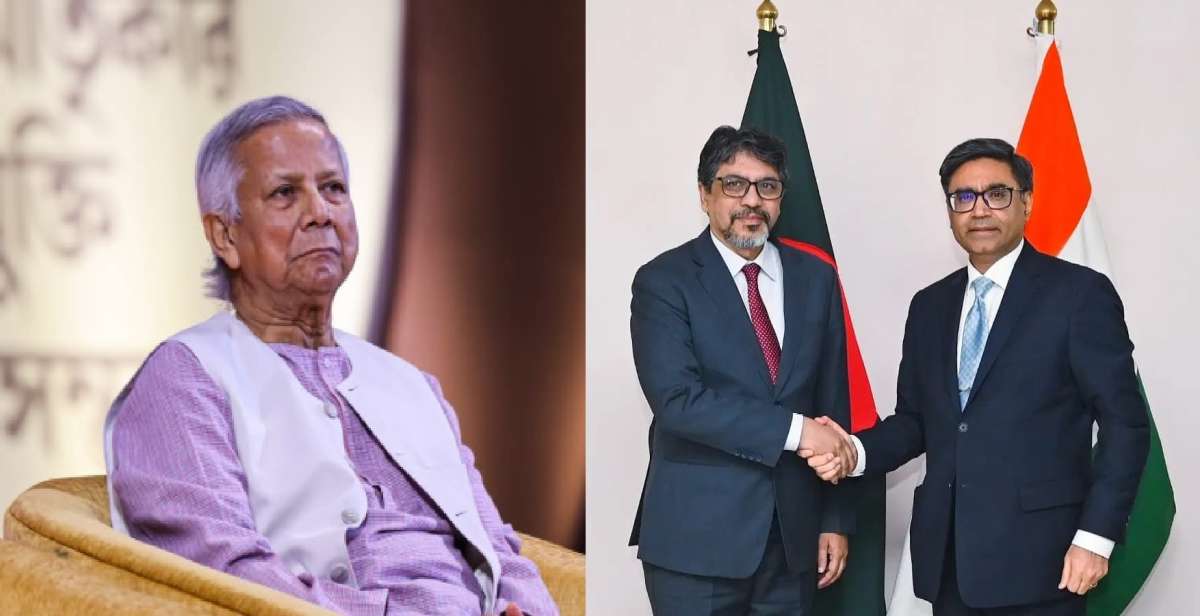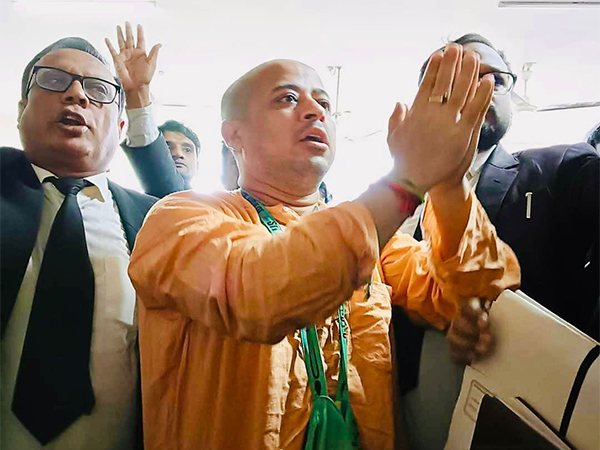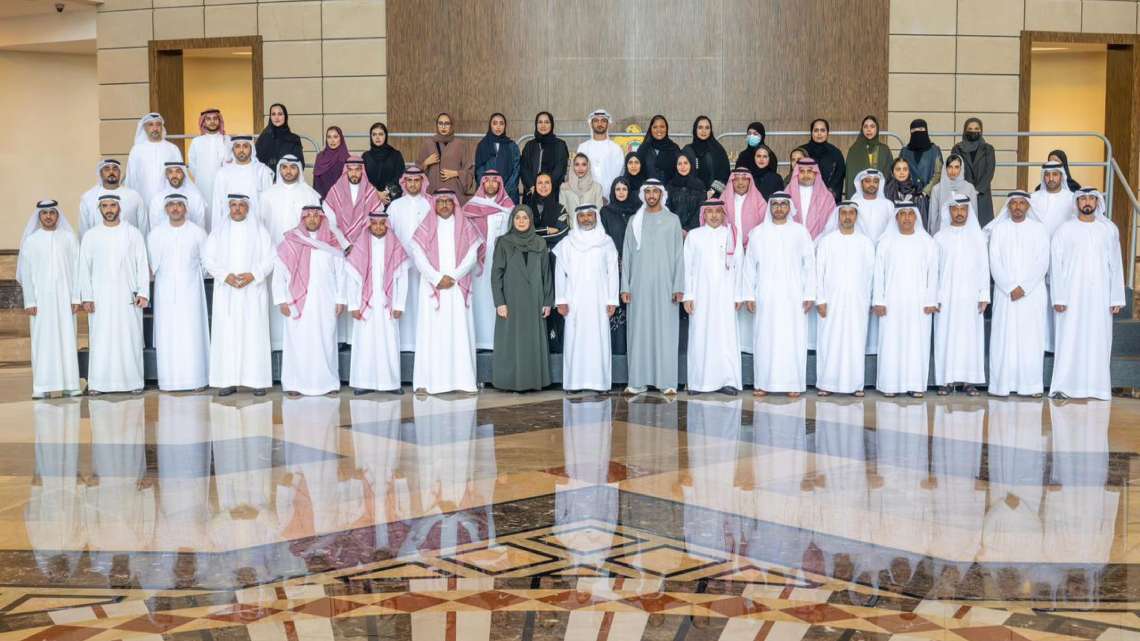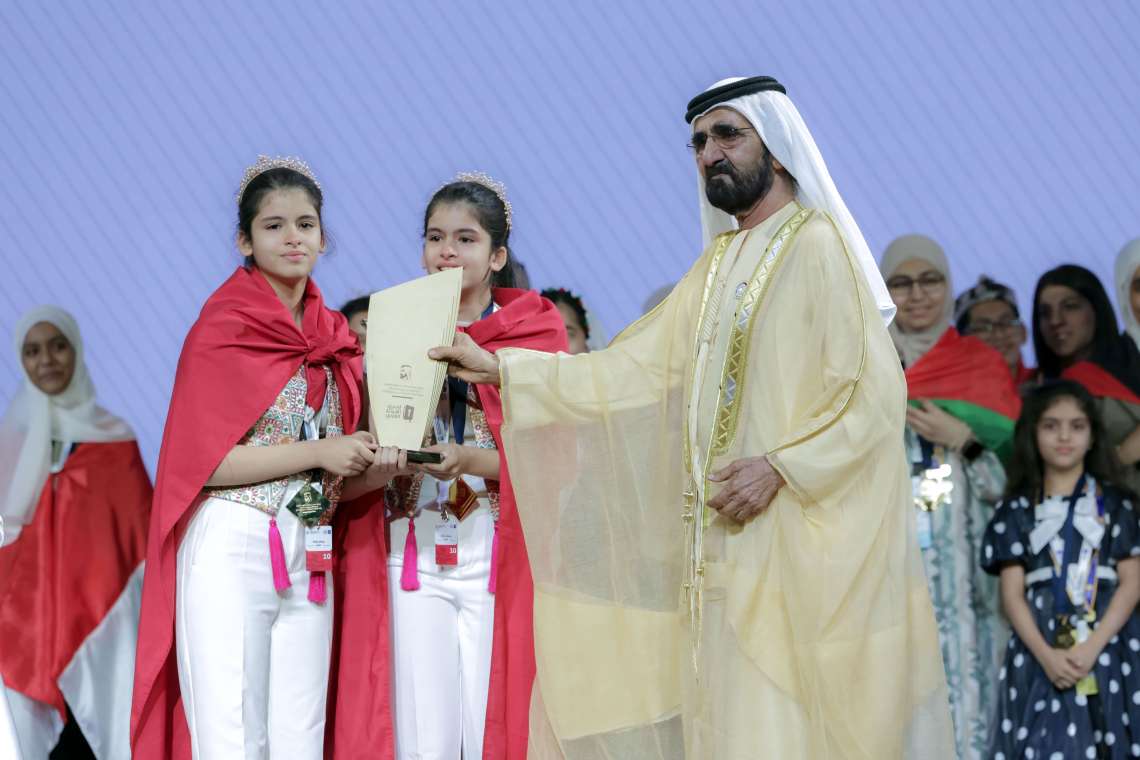India had a $9.2 billion trade surplus with Bangladesh in FY24, with top exports including cotton, coffee, tea, vegetables, vehicles, and electrical machinery…reports Asian Lite News
The government is closely monitoring the ongoing crisis in Bangladesh, concerned about its potential impact on trade and economic stability.
Sheikh Hasina’s tenure saw a significant boost in trade relations between India and Bangladesh, with a notable trade surplus in India’s favour. Her exit could disrupt these gains, affecting the movement of goods and people and stalling a potential free trade agreement (FTA) between the two nations.
Bangladesh has been a crucial ally to India since Hasina came to power in 2009, helping to eliminate anti-India terrorist groups and fostering strong economic, social, and cultural ties. Their bilateral trade reached $13 billion in the financial year 2023-24, with Bangladesh being the top destination for India’s cotton exports and a significant importer of petroleum products and cereals. Conversely, India imports ready-made garments from Bangladesh, contributing $391 million to their trade.
The FTA discussions initiated in October 2023 aimed to reduce or eliminate customs duties on goods traded between the two countries, potentially boosting Bangladesh’s exports to India by up to 297% and India’s exports by 172%, as estimated by a World Bank working paper. However, the future of these discussions remains uncertain with the interim Bangladeshi government.
Mohit Singla, chairman of the Trade Promotion Council of India told the Economic Times: With the kharif harvest very near, agri export basket of over $1.8 billion could be impacted with soybean, soya bean meal, animal feed such as wheat residues, onion and rapeseed, being the worst hit.”
Ajay Sahai, director general of the Federation of Indian Export Organisations, added, “Internet disruptions have hurt banking transactions and commodity exporters are worried about exports to Bangladesh through the land border. The next 7-10 days will be crucial.”
Infrastructure and connectivity projects have been pivotal in strengthening Indo-Bangladesh ties. India has extended $8 billion in credit since 2016 for the development of road, rail, shipping, and port infrastructure in Bangladesh. The Akhaura-Agartala cross-border rail link and the Khulna-Mongla Port rail line, inaugurated in November 2023, are expected to enhance trade and people-to-people exchanges.
A disruption in these ties could restrict India’s access to the Northeast, currently connected through narrow land corridors. The existing bus routes and agreements for using Chittagong and Mongla ports also face potential risks.
India had a $9.2 billion trade surplus with Bangladesh in FY24, with top exports including cotton, coffee, tea, vegetables, vehicles, and electrical machinery. The ongoing unrest has already caused issues such as internet disruptions affecting banking transactions and difficulties in issuing letters of credit, causing concern among exporters, particularly those in Kolkata.
With a significant portion of exports to Bangladesh falling outside the South Asian Free Trade Area (SAFTA) agreement and most imports from Bangladesh benefiting from zero tariffs, the current unrest poses a substantial risk to the trade dynamics between the two countries. The next few days will be critical in determining the extent of the impact on trade and economic stability in the region.
Experts term situation “very volatile”
As the situation in Bangladesh worsened following Hasina’s resignation amid heavy protests, several former diplomats and experts have raised concerns about the scenario and asked the Indian government to remain vigilant.
Several experts have cautioned about a huge influx of migrants from Bangladesh and have also raised suspicion of the involvement of a foreign hand behind the unrest in Bangladesh.
Former Indian High Commissioner to Bangladesh, Veena Sikri has termed the current situation in Bangladesh as “very volatile” adding that India is carefully watching the scenario as it wants a stable neighbourhood.
Sikri said, “The situation in Bangladesh is very volatile today. PM Sheikh Hasina gave her resignation yesterday and she has left the country. She is currently in India and the situation is evolving. We have to watch carefully what is happening in Bangladesh. We in India, are watching it very carefully because we want a stable neighborhood. We want there to be stability, economic development, economic interaction with Bangladesh.”
She emphasized that although everyone thinks that the crisis unfolded due to the quota protests, but the fact is both Hasina and the students were on the same page on the issue.
“The world thinks that it was a quota reform movement, a student’s movement but the students and PM Hasina have for the longest time been on the same wavelength. It is PM Hasina who abolished the quota in 2018. This year, in the month of June, when the High Court restored the quota, she went to the Supreme Court, again in favour of the students and student groups even joined the government of Bangladesh in going to the Supreme Court,” Sikri said.
The former Indian envoy further elaborated how the student protests, turned into clashes between the student wings of Awami League and other opposition political parties, leading to complete “mayhem.”
ALSO READ-Hasina eyes asylum in Britain

